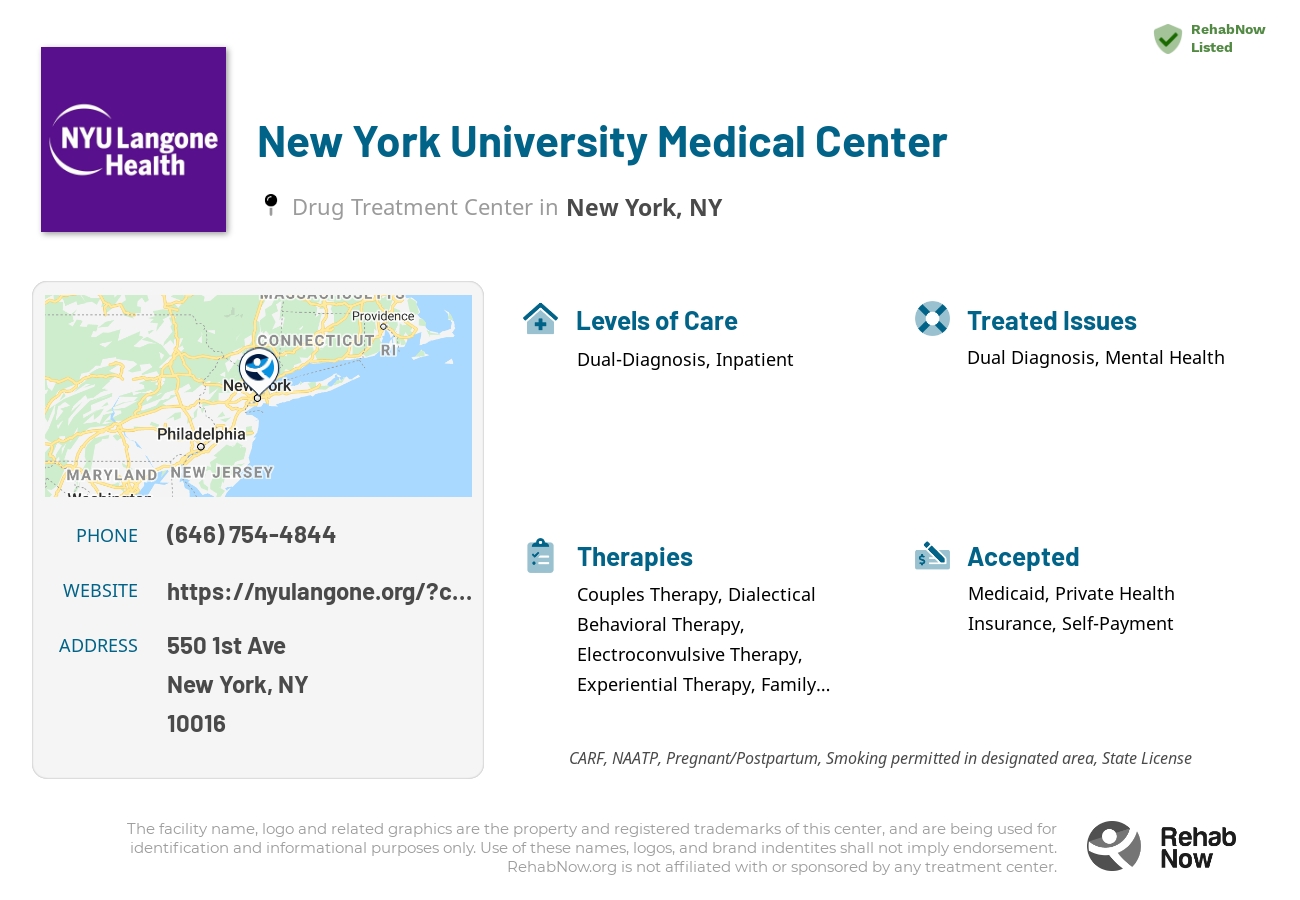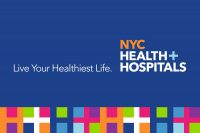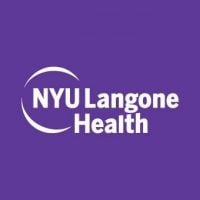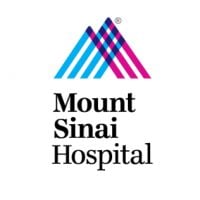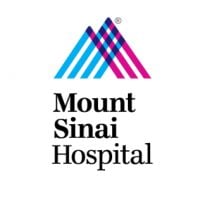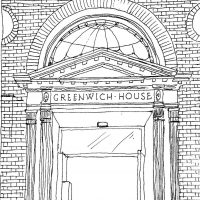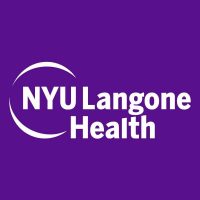
New York University Medical Center
Drug Rehab Center in New York, New York
- Mental Health
- Dual Diagnosis
The New York University Medical Center is a comprehensive mental health treatment facility in New York, NY that offers dual-diagnosis and inpatient care with evidence-based therapies to provide personalized and compassionate care for their patients.
About This New York, NY Facility
The New York University Medical Center is a comprehensive mental health treatment facility in New York, NY. This center offers dual-diagnosis and inpatient treatment for those suffering from co-occurring disorders and mental health challenges. Patients are offered a range of therapeutic approaches, such as couples therapy, dialectical behavioral therapy, electroconvulsive therapy, experiential therapy, family therapy, group therapy and individual therapy. The facility also provides nicotine replacement therapy, trauma therapy and cognitive behavioral therapy. In addition, the center accepts private health insurance and is affiliated with NYU Langone.
The staff at New York University Medical Center is committed to providing personalized and compassionate care to their patients. They work hard to create a safe and supportive atmosphere in which individuals can open up and work on their mental health challenges. Through individualized treatment plans and evidence-based therapies, the team works to ensure that patients reach their goals for recovery. In addition, the facility is constantly striving for excellence by participating in ongoing education and staying up-to-date on the latest advancements in the mental health field.
Genders
Ages
Modality
Additional
Conditions and Issues Treated
Addiction is often caused by an underlying issue. Mental illnesses like schizophrenia, bipolar disorder or anxiety disorder could lie at the root. A dual diagnosis by New York University Medical Center aims to treat the addiction as well as the cause of the addiction. This ensures the patient will not fall back on old ways after treatment is complete.
Levels of Care Offered
This center offers a variety of custom treatment tailored to individual recovery. Currently available are Dual-Diagnosis, Inpatient, with additional therapies available as listed below.
New York University Medical Center‘s Therapies & Programs
Individual professional counseling or individual therapy refers to the one-on-one interaction between a patient and his or her counselor. Individual therapy allows for more privacy, one that group interactions can’t provide. Therefore, it becomes easier for a person to unload and become more open to his or her counselor.
Another benefit of individual therapy at New York University Medical Center in New York, NY is that all sessions aim to speed up a single person’s progress. It makes it easier for the counselor and the patient to deal with the central issues, which are likely the culprits of substance addiction.
Once the roots of the problems are addressed, it becomes less challenging for a recovering patient to maintain sobriety and brush off temptations.
Families are not always as supportive as they could be, but by opting for family therapy, many recovering addicts are able to understand their addiction and get the support they need to get sober. These therapy sessions at New York University Medical Center in New York, NY involve all members of the family who play a role in the recovering person’s daily life. They work together to overcome past issues, avoid triggers, and remain strong and supportive of each other.
In group therapy, the patient undergoes sessions with other patients dealing with similar problems under the guidance of a trained counselor. The members of the group interact with each other and talk freely about their issues. The recovery of members of the group from the problems that they face gives the patients confidence that they can also overcome their addiction.
Group therapy at New York University Medical Center reduces the feeling of loneliness and improves the coping skills of the patients. Group therapy provides patients with continuous feedback from other members. The group dynamics ensure that members start having some structure and routine in their lives.
Dialectical behavior therapy (DBT) is a method of individual and/or group counseling that focuses on acceptance and change. DBT can be very effective in developing coping strategies for negative emotions.
Cognitive behavioral therapy (CBT) is a way of addressing concerns through talking. Talking through issues can identify sources of discomfort or unhealthy thoughts. CBT is a healthy way New York University Medical Center addresses some behaviors which may be bringing unintended consequences in a persons life.
Patient Experience
Experiential Therapy at New York University Medical Center
Experiential therapy can involve acting, props, arts and crafts, animal care or other tools. It can help revisit and heal from past traumas. Trust between the therapist at New York University Medical Center and individual is important for success and grown over the stay.
Payment Options Accepted
For specific insurance or payment methods please contact us.
Is your insurance accepted?
Ask an expert, call (888) 674-0062
NYU Langone Associated Centers
Discover treatment facilities under the same provider.
- NYU Lutheran Medical Center in Brooklyn, NY
- Lutheran Medical Center - Healthy Connections in Brooklyn, NY
Learn More About NYU Langone Centers
Additional Details
Specifics, location, and helpful extra information.
New York, New York 10016 Phone Number(646) 754-4844 Meta DetailsUpdated November 25, 2023
Staff Verified
Patient Reviews
There are no reviews yet. Be the first one to write one.
New York, New York Addiction Information
More than 2 million New Yorkers are currently suffering from some type of substance abuse and many of those are minors. Alcohol abuse, in particular, is prevalent among those underage. As a result of the high prices and regulation of prescription drugs, many New Yorkers turn to heroin instead. This has led to a serious heroin epidemic in the state.
According to recent statistics, over 280,000 people in the state struggle with drug addiction. This accounts for approximately 8% of the population. In 2011, there were 1,532 deaths related to cocaine overdose in New York City. Currently, in New York City, there are over 3,000 people addicted to heroin and 1,700 addicted to cocaine. Most treatment plans offered in the area will involve some combination of detoxification, counseling, and medication.
Treatment in Nearby Cities
- Port Jervis, NY (57.6 mi.)
- Long Island City, NY (1.3 mi.)
- Garrison, NY (44.2 mi.)
- Seaford, NY (26.0 mi.)
- Granville, NY (188.0 mi.)
Centers near New York University Medical Center
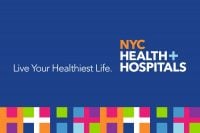


The facility name, logo and brand are the property and registered trademarks of New York University Medical Center, and are being used for identification and informational purposes only. Use of these names, logos and brands shall not imply endorsement. RehabNow.org is not affiliated with or sponsored by New York University Medical Center.

